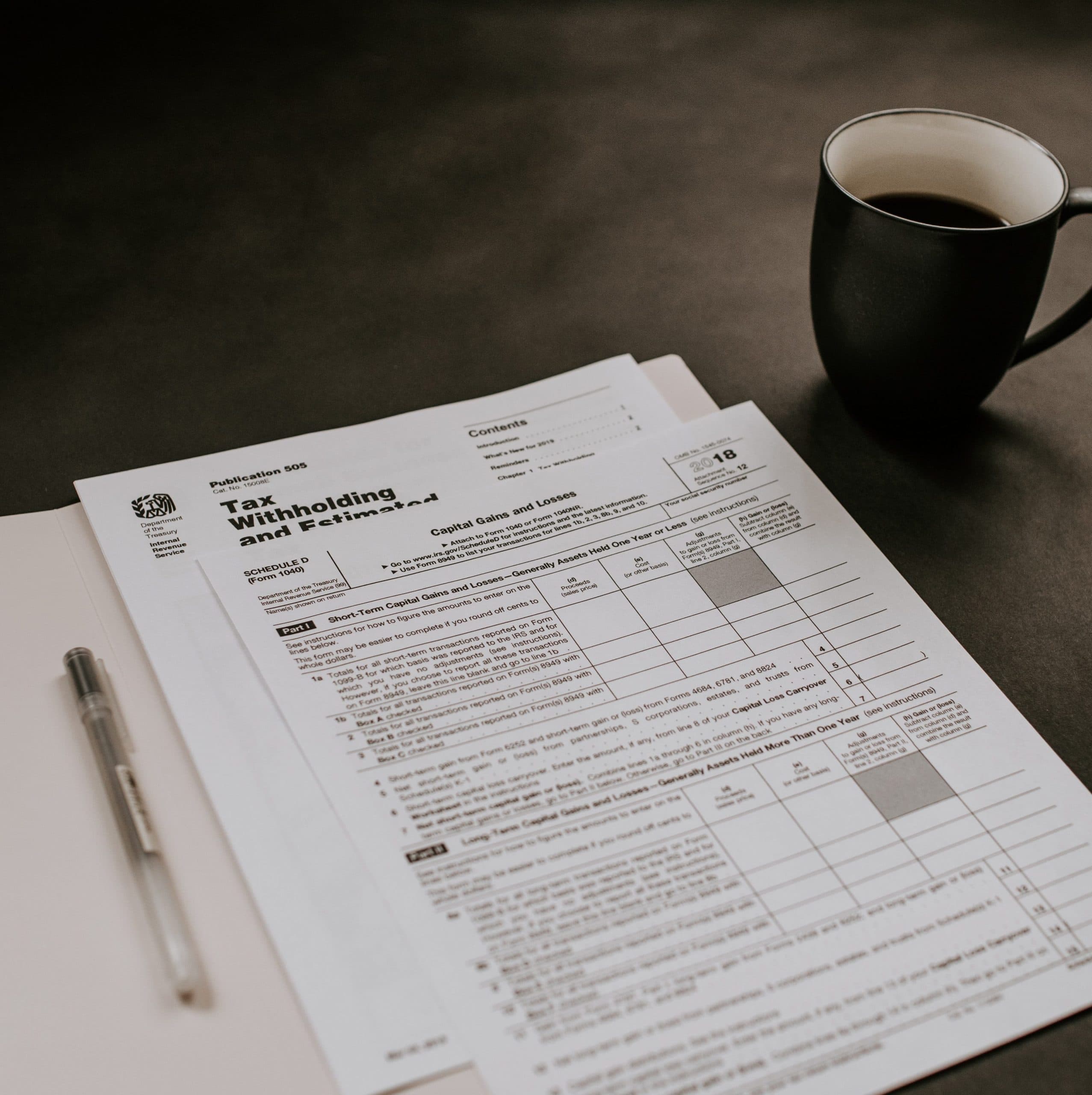
Closing costs are the cost of doing a real estate transaction. Lender, title, insurance, and mortgage broker, fees are included in closing costs and can be found in the closing disclosure. Generally closing costs can be around 3% to 6% of the sales price of the home. Closing costs are mostly the same for any state in the United States. In Florida, the three taxes that are in the closing costs are intangible tax, state tax, and deed tax. Before you worry about how much and who you might need to pay know that the lender is required to give you a loan estimate which includes in it the closing costs and their estimates.
Even when you are just shopping a rate you can ask the broker or lender for a copy of a fee sheet. They will tell you that it is just an estimate but this will give you a better idea of who and what you need to pay.
Types Of Closing Costs
Closing costs can be broken down into different categories. This is an example of what you might be included in closings cost and does not reflect what we here at MJS charge but is what is widely used. Depending on your loan product less or more cost might be incurred. Investopedia has a great article explaining some of these costs.
- Orientation Charges
- Application fee
- Underwriting fee
- Services You Cannot Shop For
- Appraisal fee
- Credit report fee
- Flood determination fee
- Flood monitoring fee
- Tax monitoring fee
- Tax status research fee
- Services You Can Shop For
- Pest inspection fee
- Survey Fee
- Title-insurance binder
- Title- lenders title policy
- Title- settlement agent fee
- Title search
- Taxes and Other Government Fees
- Recording fees and other taxes
- Transfer taxes
- Prepaids
- Homeowners insurance premium
- Mortgage insurance premium
- Prepaid interest
- Property taxes
- Initial Escrow Payment At Closing
- Homeowner Insurance
- Mortgage Insurance
- Property tax
- Other
One thing to note is that this list is for a purchase of a home that can have some of the most closings costs associated with the transaction. Refinances on the other hand can have some of the least amounts of closing costs. Things like appraisals can be waived on a refinance since the borrower already lives in the home or depending on the lender they might already own the loan.
Who Pays Closing Costs?
While this might be a simple answer the borrower does, they are the ones buying the house. While yes the borrower does pay a good portion of the closing cost many times the seller or lender will pay some of the closing cost or offer credit to pay off some costs. If the home has some issues but the seller doesn’t want to spend time fixing them they might offer to pay some of the closing costs to offset the issues with the home. If the borrower wants to accept a slightly higher interest rate they can receive some credit to pay off the closing cost. Another strategy is to speak to your broker and see if you can include some closing cost in the loan. This might be risky because it raises your loan amount which might be hard in a close loan to value situation.
When Are Closing Costs Due
After receiving the closing disclosure from your lender outlining what is included in closing costs, closing costs are due the day of closing. They are due once you sign the loan documentation and commit to the loan. Then the money can be transferred via money wire or with a cashiers check. By closing day you should already be fully aware of what’s included in the closing costs and exactly how much it is.
